Whales are said to be huge contributors in the fight against climate change. But before we get into why, let us understand some key facts about them.
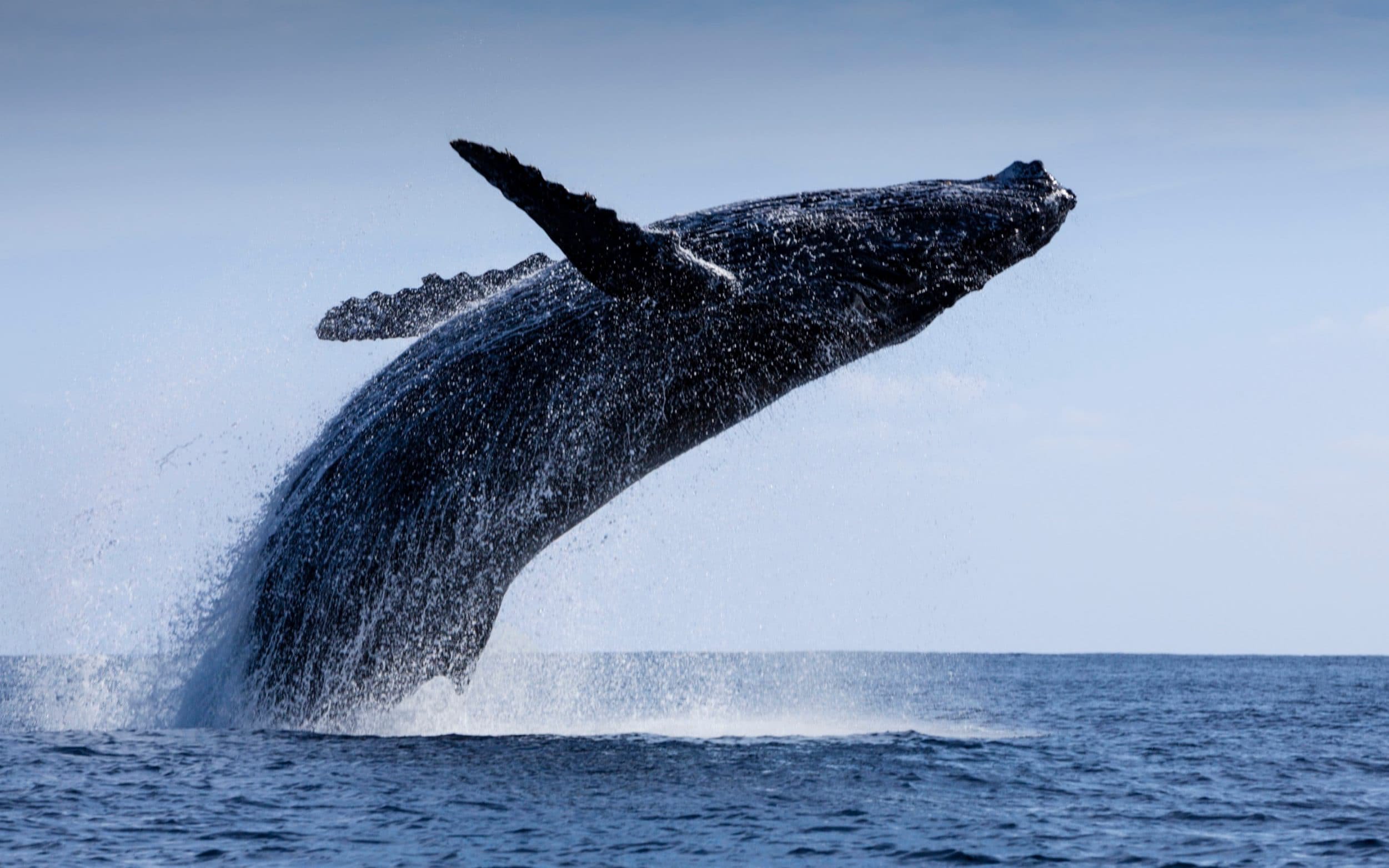
Whales have a lifespan of approximately 60 years and among the whale family, there are different types. The ones that are most effective in fighting climate change are called right and grey whales. These two types of whales have the capacity to store an average of 33 tonnes of carbon dioxide (CO2).
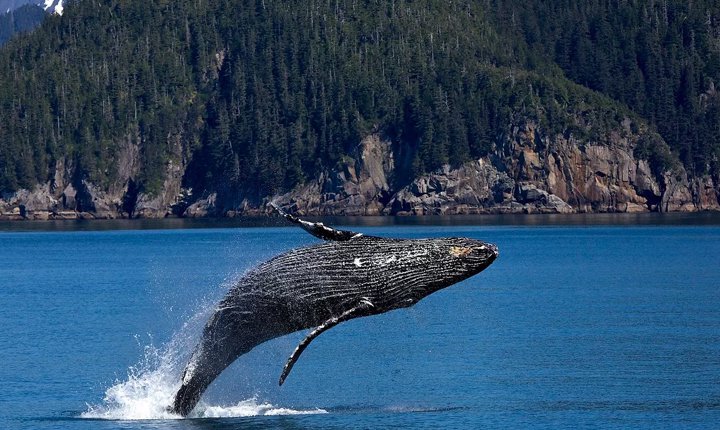
Even when they die, they carry the carbon along with them deep under the ocean, locking it for hundreds of years. Just to put this in perspective, when you compare them with a tree, a tree can absorb upto just 48 pounds of CO2 a year.
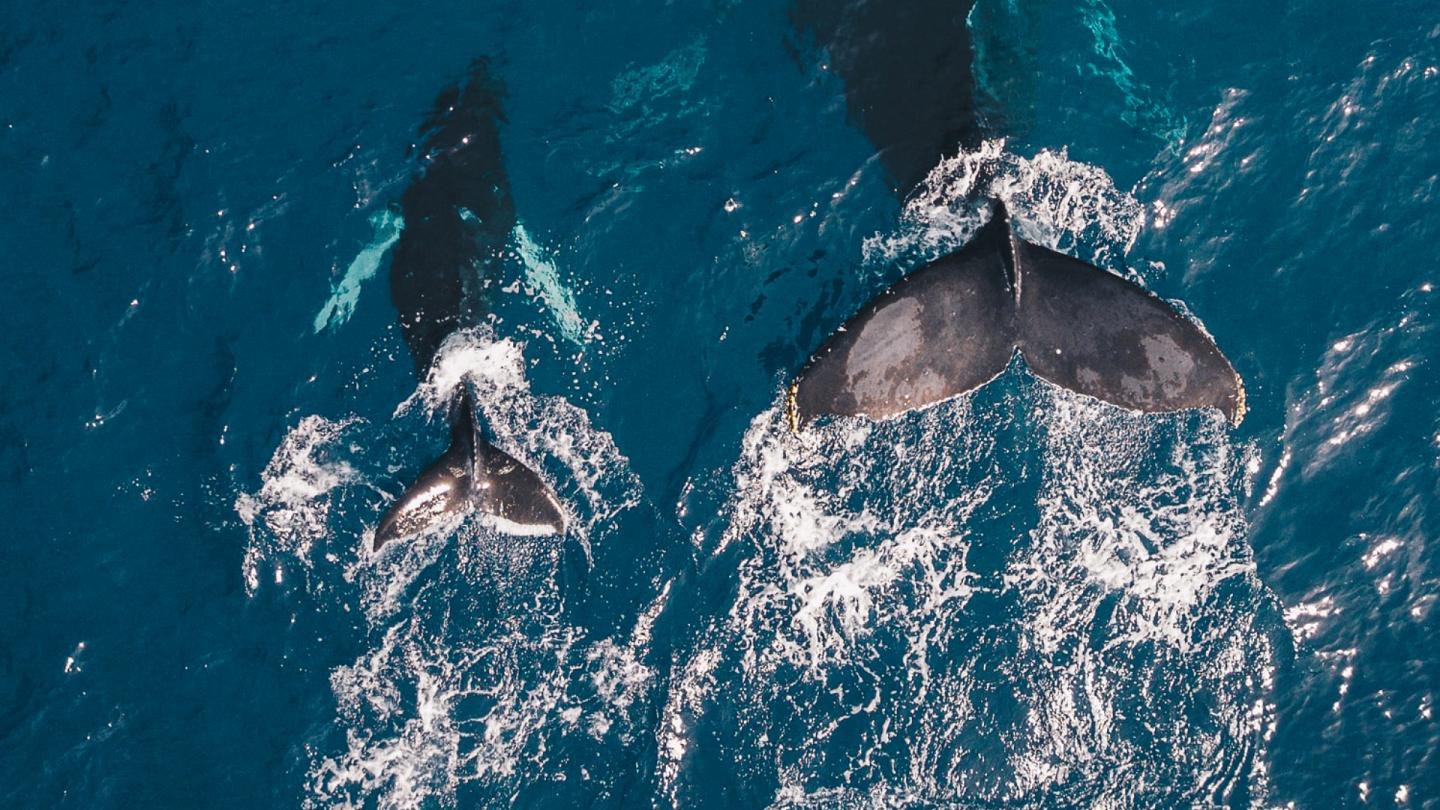
Whales can store these high amounts of CO2 mainly because they support the growth of an organism called phytoplankton. If we remember our biology classes from 9th grade, we would probably remember what it does. These organisms can store upto 40% of all carbon produced.
Even if there is a 1% increase in the productivity of phytoplankton, that would be equal to 2 billion trees. These small organisms are essential because they can give out 50% of all oxygen and also capture 40% of all CO2 produced.
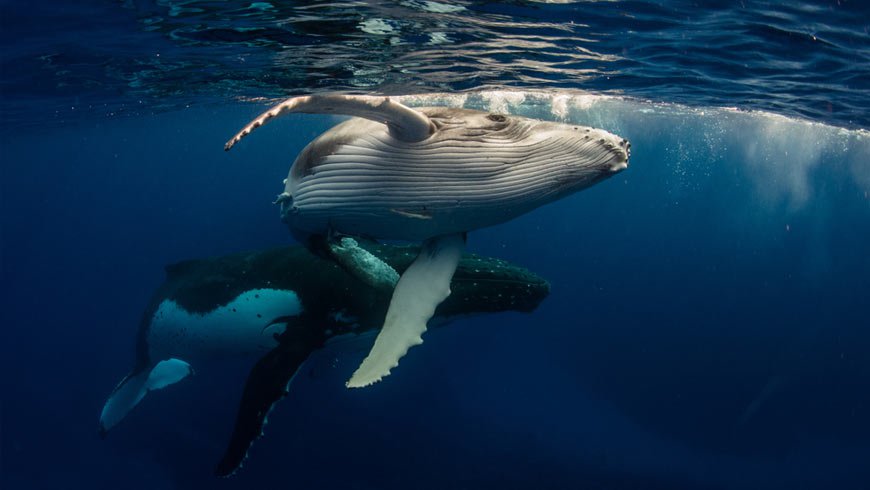
As the whales migrate across the world, they produce waste which contains both iron and nitrogen in them. These make an ideal environment for the phytoplankton to grow.
But the challenge that’s staring at our faces is that the world’s whales are at a high risk and this will directly have a huge impact on climate change. Currently, the ocean is said to hold 50 times more CO2 than the atmosphere.
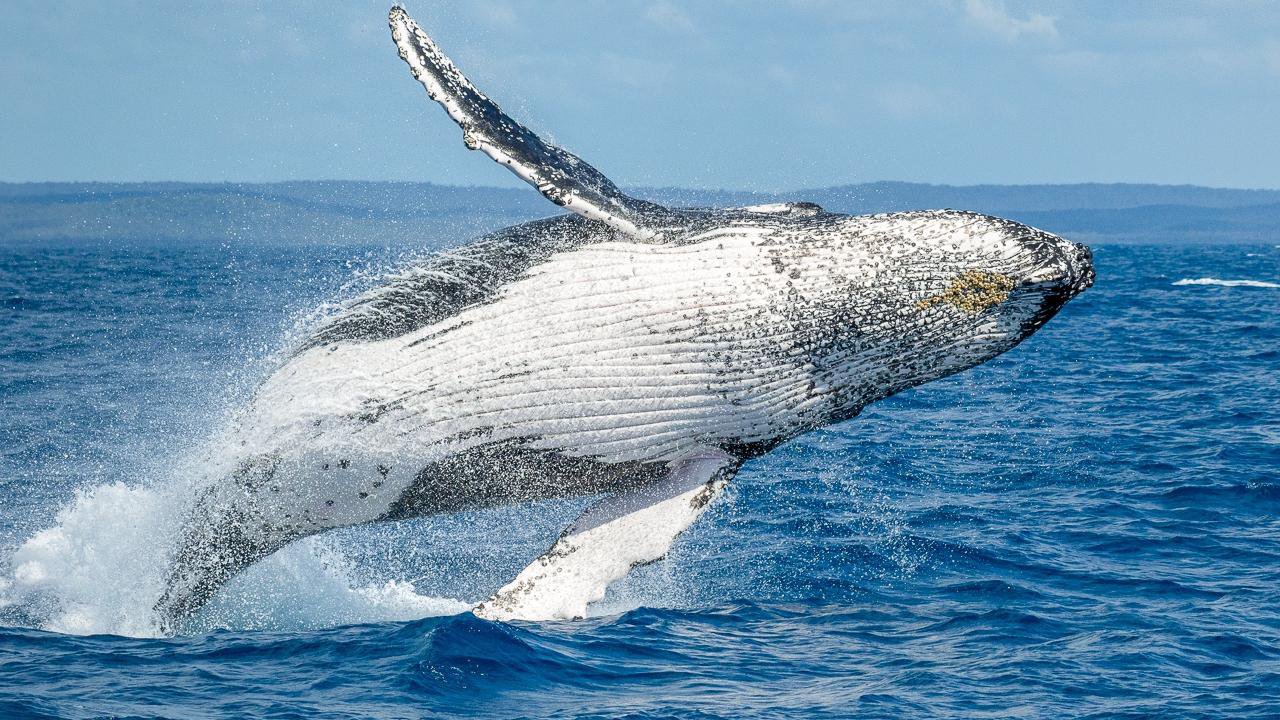
But if we see the number of whales depleting, it could be a huge challenge. Even though hunting and killing of whales has been banned since 1986, more than 1,000 whales are killed for commercial purposes every year, according to the World Wildlife Fund (WWF).
Apart from hunting, other factors such as plastic pollution, fishing nets and ship strikes also result in their deaths. It is crucial to understand their role in combating climate change now because if their population continues to decline, the impact would be destructive.

















